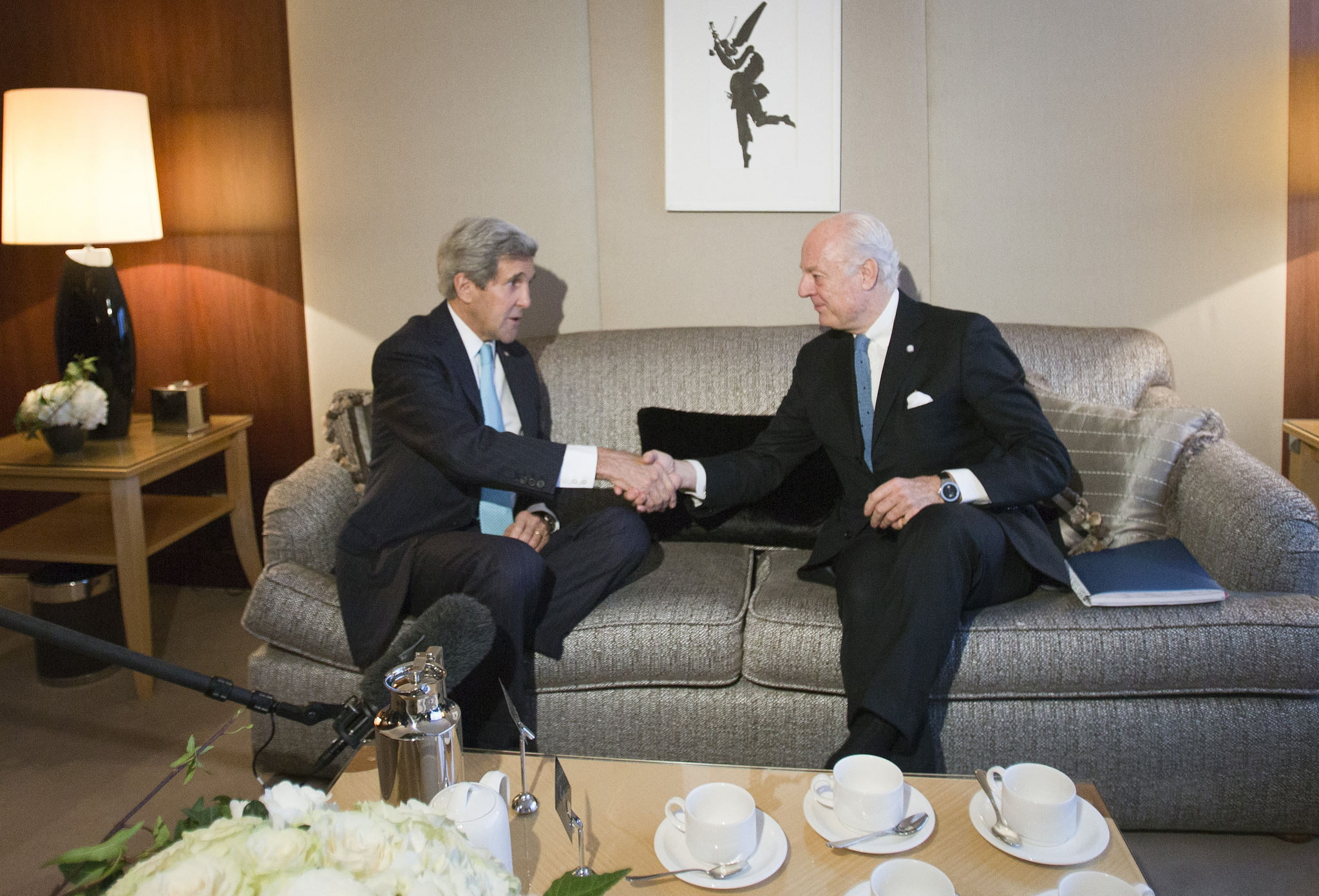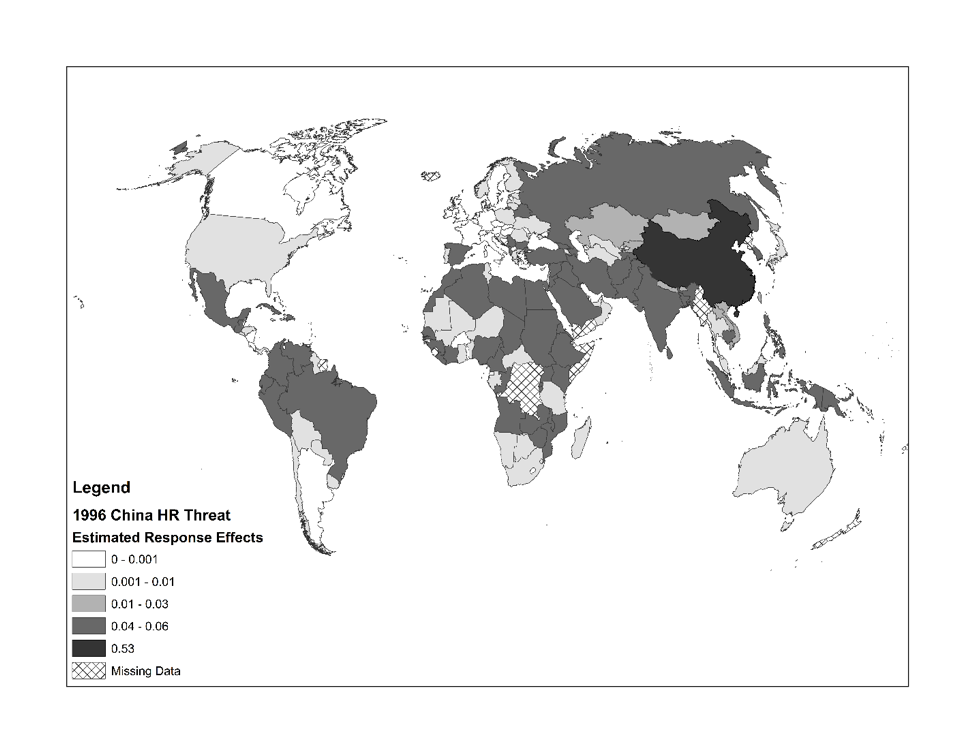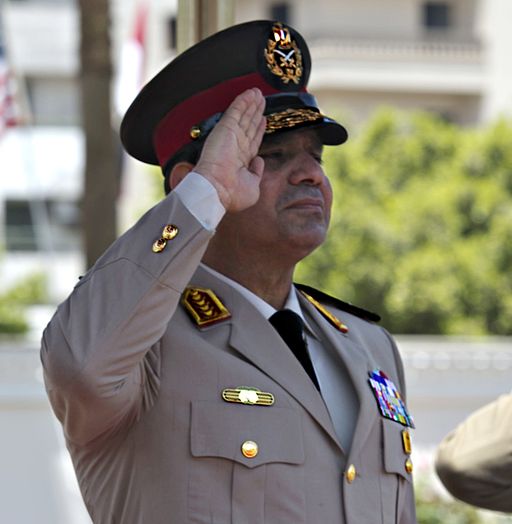By Joe Young.
For a change, the news out of Colombia is good. A seemingly endless civil war appears to be winding down. The leftist rebel group, the FARC (Fuerzas Armadas Revolucionarias de Colombia), over the past few years has been negotiating with the government to end hostilities. Like many other conflicts from Syria to Somalia, however, there are multiple rebel groups and peace is likely contingent on all agreeing to end the violence. The ELN (Ejército de Liberación Nacional), also a leftist rebel group engaged in their own decades-long conflict with the Colombian state, has recently ramped up violence and activities in contested areas.
In Syria, we are far away from having a true peace process, but many parties have been calling for a negotiated cease-fire. Multiple rebel groups, even in-fighting from groups with similar ideological orientations (i.e. Al-Nusra and ISIS), and multiple external actors, has made any working cease fire complicated to say the least. As soon as some progress seems to be made, it is shattered by violence from at least one of these actors.
So-called spoilers have been a subject of interest for academics since at least Stedman’s 1997 article, which cogently argued that in peacemaking “[t]he greatest source of risk comes from spoilers—leaders and parties who believe that peace emerging from negotiations threatens their power, worldview, and interests, and use violence to undermine attempts to achieve it.” In Colombia, the ELN has ramped up its violence to either spoil the current peace process between the government and the FARC or to at least get a seat at the table and extract some of what the group wants in any formal political process.
Our own Barbara Walter and Andrew Kydd, using game theory and the case of Hamas in the Israeli-Palestinian conflict, show why peace between moderates can counter-intuitively be upended. In short, when these parties are viewed as strong and thus should be able to reign in the spoilers, violence disrupts the peace process. But when moderates are weak and are therefore unable to stop spoilers, violence has a less powerful disrupting effect. In Syria, for example, attempts to spoil the cease-fire may be less pernicious as few have strong expectations that the spoilers can be contained.
In a recent article, Mike Findley and I use cross-national evidence on civil wars to show that terrorism is one tool that can effectively spoil the peace and renew future conflict. What this academic evidence suggests as we watch Syria, Colombia, and other places around the world is that peacemaking is a process that is long and prone to be upended. It is unsurprising when actors work to undermine the peace as they have something to gain in the prevailing system of violence. The good news is that wars end. Whether it takes 5 or 50 years, spoilers should be expected in the process and our own expectations about what they mean for the conflict should be properly calibrated.







1 comment